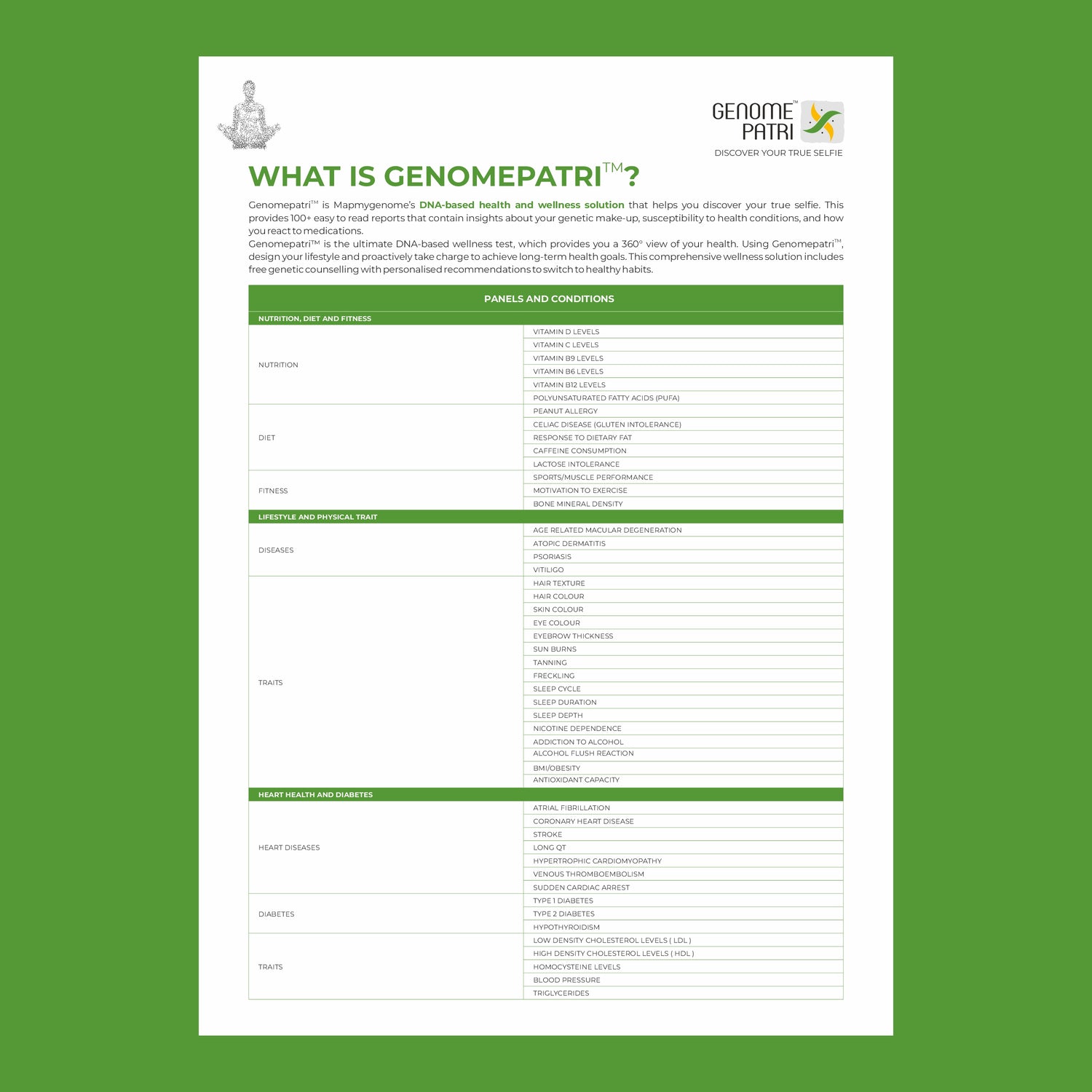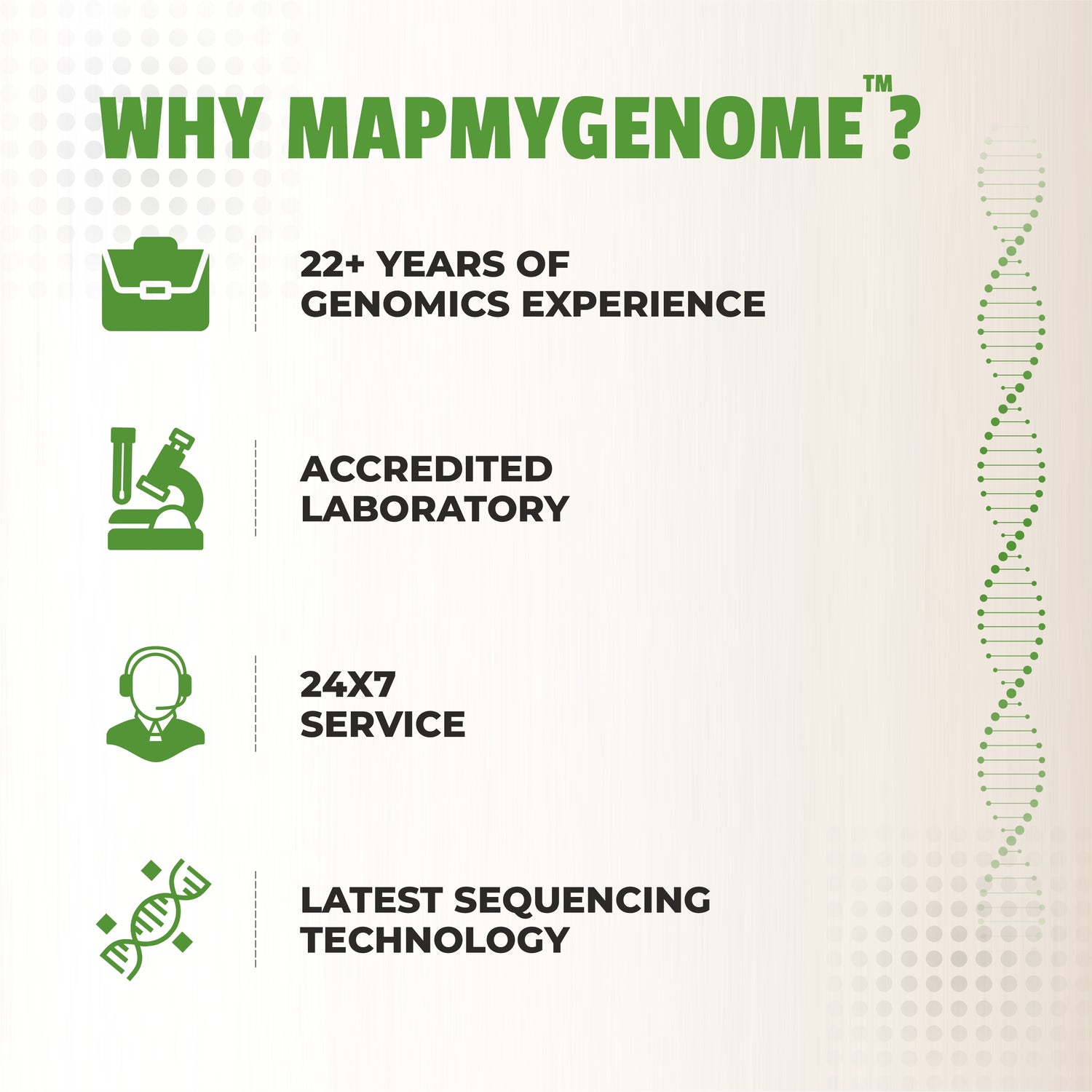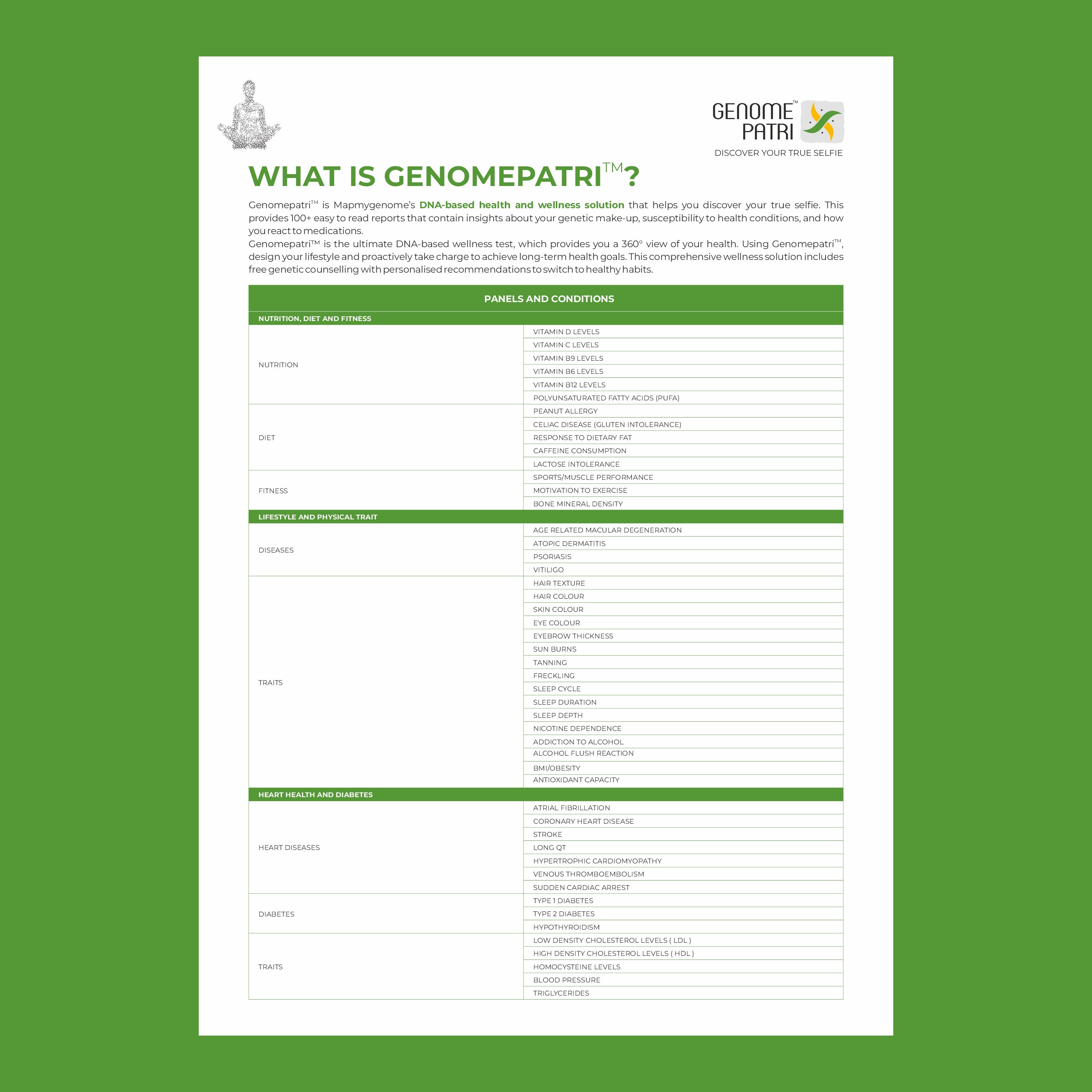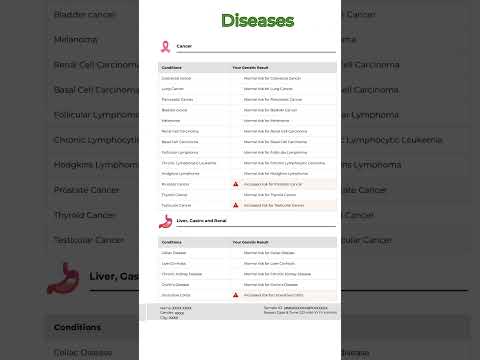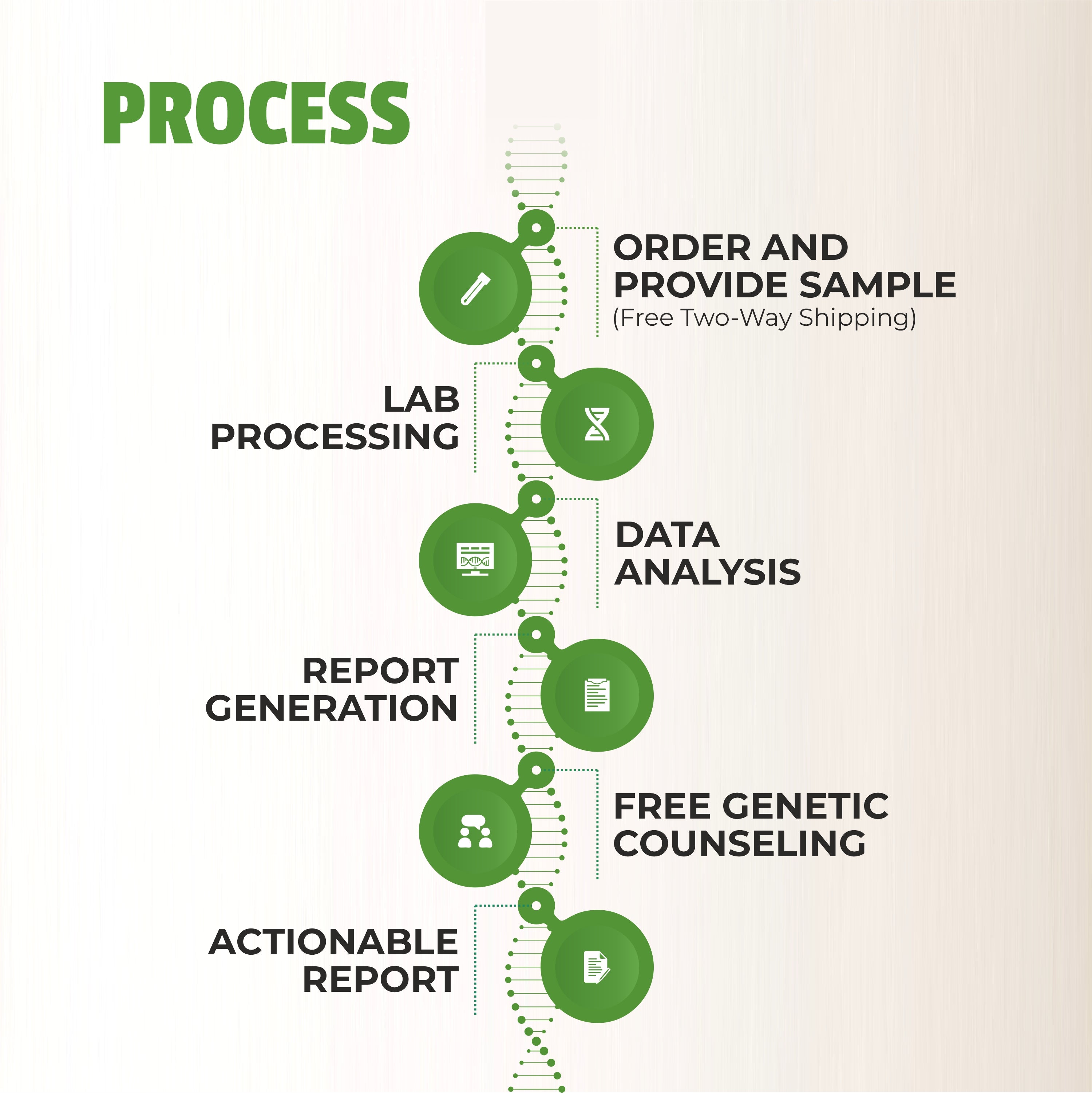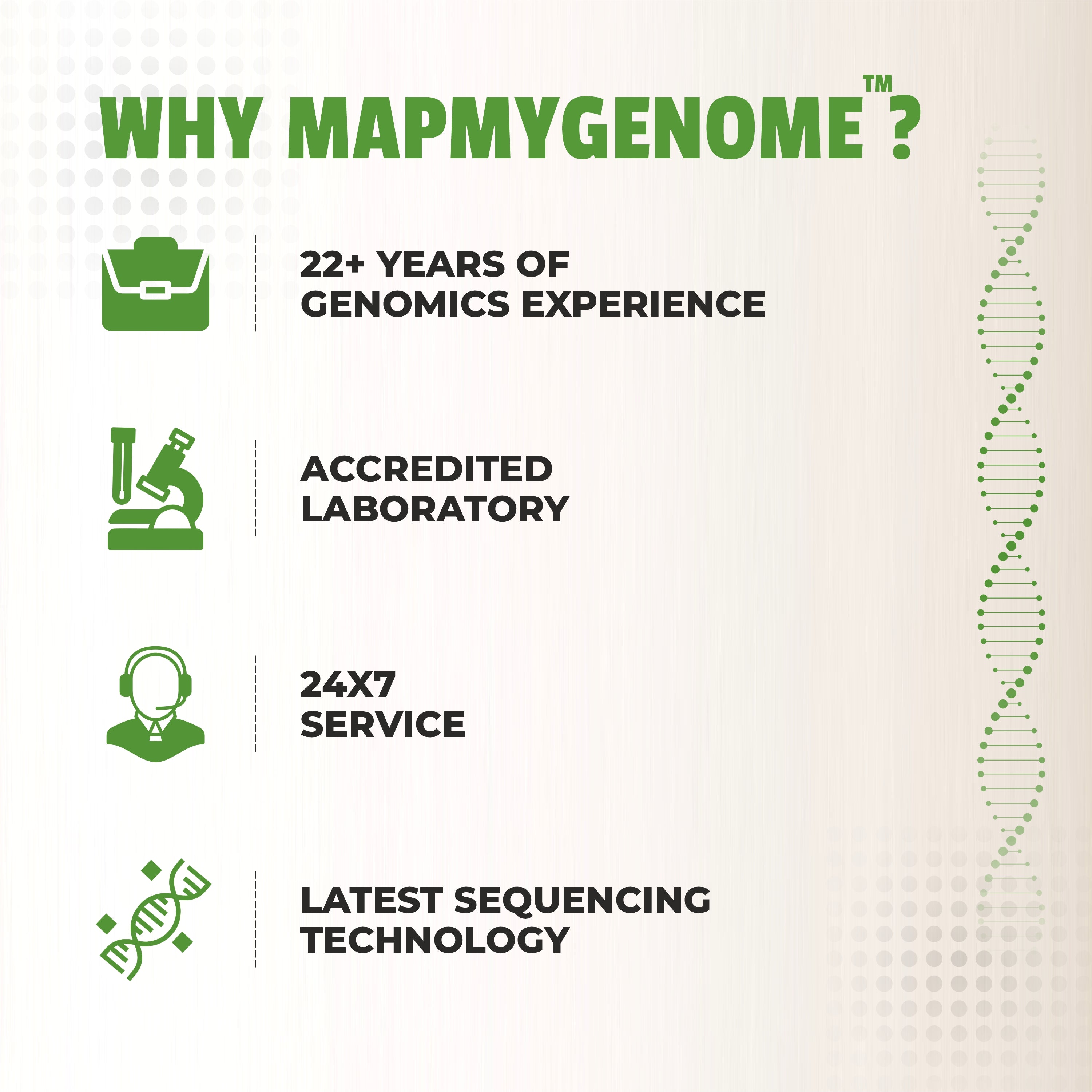In today's rapidly evolving healthcare landscape, genetic testing has emerged as a transformative tool that offers profound insights into our health, ancestry, and predispositions to various diseases. If you're curious about genetic testing, you're not alone. This comprehensive guide will explore what genetic testing is, how it works, its benefits, and how it can significantly impact your health and well-being.
What is Genetic Testing?
Genetic testing is a medical test that examines your DNA—the chemical database that carries instructions for your body's functions. By analyzing your DNA, genetic tests can identify changes or mutations in your genes, chromosomes, or proteins. These changes can help diagnose diseases, determine the risk of developing certain conditions, and guide personalized treatment plans.
How Does Genetic Testing Work?
-
Sample Collection: The process begins with collecting a sample of your DNA. This is typically done using a blood sample, saliva swab, or tissue sample.
-
DNA Analysis: The collected sample is then sent to a laboratory where it undergoes DNA sequencing. This process involves reading the genetic code and identifying any variations.
-
Interpretation: Genetic counselors and healthcare professionals interpret the results, providing insights into your genetic makeup and potential health implications.
Types of Genetic Testing
Genetic testing can be categorized into several types, each serving a specific purpose:
-
Diagnostic Testing: Used to diagnose or rule out specific genetic or chromosomal conditions. For example, it can confirm a diagnosis of cystic fibrosis or Huntington's disease.
-
Predictive and Presymptomatic Testing: Helps identify genetic mutations that increase the risk of developing certain diseases before symptoms appear. This is particularly useful for conditions like breast cancer (BRCA1 and BRCA2 mutations) or Alzheimer's disease.
-
Carrier Testing: Determines if a person carries a gene mutation that could be passed on to their children, even if they do not have the disease themselves. This is important for hereditary conditions like sickle cell anemia or Tay-Sachs disease.
-
Prenatal Testing: Conducted during pregnancy to detect genetic abnormalities in the fetus. Common tests include amniocentesis and chorionic villus sampling (CVS).
-
Newborn Screening: Performed shortly after birth to identify genetic disorders that can be treated early in life. Conditions like phenylketonuria (PKU) and congenital hypothyroidism are commonly screened.
-
Pharmacogenomics: Examines how your genes affect your response to medications. This can help healthcare providers prescribe the most effective drugs with minimal side effects.
Benefits of Genetic Testing
-
Personalized Medicine: Genetic testing enables personalized treatment plans based on your unique genetic makeup. This can lead to more effective and targeted therapies.
-
Informed Health Decisions: Knowing your genetic risks allows you to make proactive health decisions, such as lifestyle changes or preventive measures, to reduce the risk of developing certain conditions.
-
Early Detection and Prevention: Genetic testing can identify predispositions to diseases, allowing for early intervention and preventive care that can significantly improve health outcomes.
-
Family Planning: Carrier testing can provide valuable information for family planning, helping prospective parents understand the risks of passing on genetic disorders.
-
Ancestry and Heritage: Beyond health, genetic testing can provide insights into your ancestry and heritage, connecting you with your roots and family history.
Genetic Testing and Health Issues
Genetic testing plays a crucial role in understanding and managing various health issues:
-
Cancer: Identifying mutations in genes like BRCA1 and BRCA2 can help assess the risk of breast, ovarian, and other cancers, guiding preventive measures or early treatment in cancer.
-
Cardiovascular Diseases: Genetic tests can reveal predispositions to conditions like familial hypercholesterolemia, a genetic disorder that leads to high cholesterol levels and increased risk of heart disease.
-
Neurological Disorders: Genetic testing can diagnose or predict conditions such as Alzheimer's disease, Huntington's disease, and Parkinson's disease, enabling early interventions and management strategies.
-
Metabolic Disorders: Tests for conditions like phenylketonuria (PKU) or galactosemia help in early diagnosis and dietary management to prevent severe complications.
The Future of Genetic Testing: Genomepatri™
As genetic testing continues to advance, comprehensive services like Genomepatri™ from MapmyGenome are revolutionizing how we approach our health. Genomepatri™ offers a detailed analysis of your genetic makeup, providing insights into over 100 health conditions, traits, and drug responses. This holistic approach empowers you with actionable information to make informed health decisions.
Why Choose Genomepatri™?
-
Comprehensive Health Insights: Genomepatri™ goes beyond single gene tests, offering a thorough examination of your genetic profile to uncover potential health risks and traits.
-
Personalized Recommendations: Based on your genetic analysis, Genomepatri™ provides personalized diet, fitness, and lifestyle recommendations to enhance your well-being.
-
Proactive Health Management: With early identification of disease risks, you can take preventive measures to safeguard your health.
-
Expert Guidance: Genomepatri™ includes consultations with genetic counselors and healthcare professionals to help you understand your results and develop a personalized health plan.
Ready to Discover Your Genetic Blueprint?
If you're ready to take control of your health and explore the full potential of genetic testing, consider upgrading to Genomepatri™. This comprehensive service offers unparalleled insights into your DNA, helping you make informed choices for a healthier future. Learn more about Genomepatri™ and start your journey towards optimal health today.
Conclusion
Genetic testing is a powerful tool that opens the door to a deeper understanding of your health and well-being. By exploring your genetic makeup, you can make informed decisions, take proactive steps towards prevention, and embrace a personalized approach to healthcare. With advanced services like Genomepatri™, you can unlock a wealth of information that empowers you to lead a healthier, more informed life.





